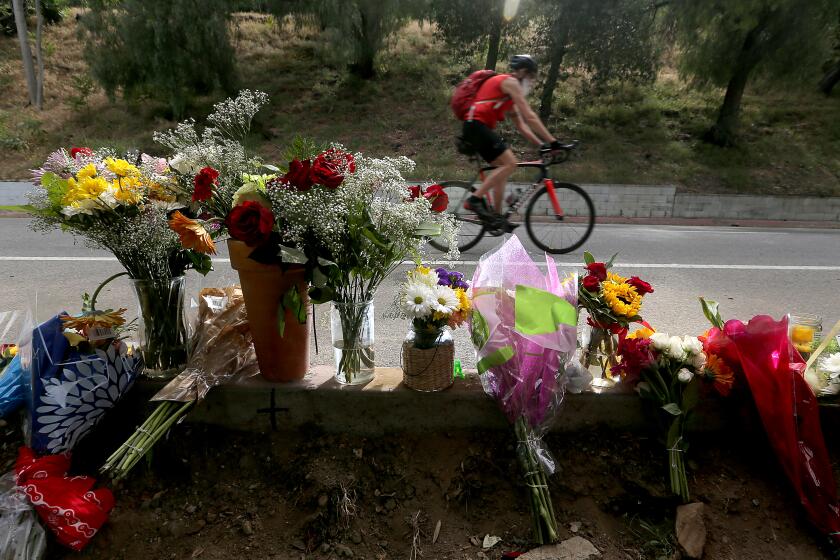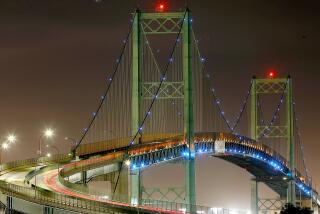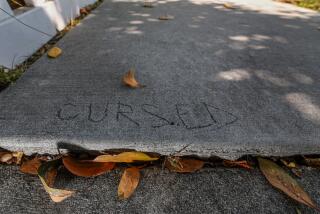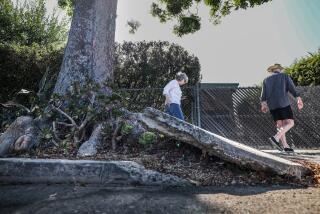Editorial: Close the 6th Street bridge to cars
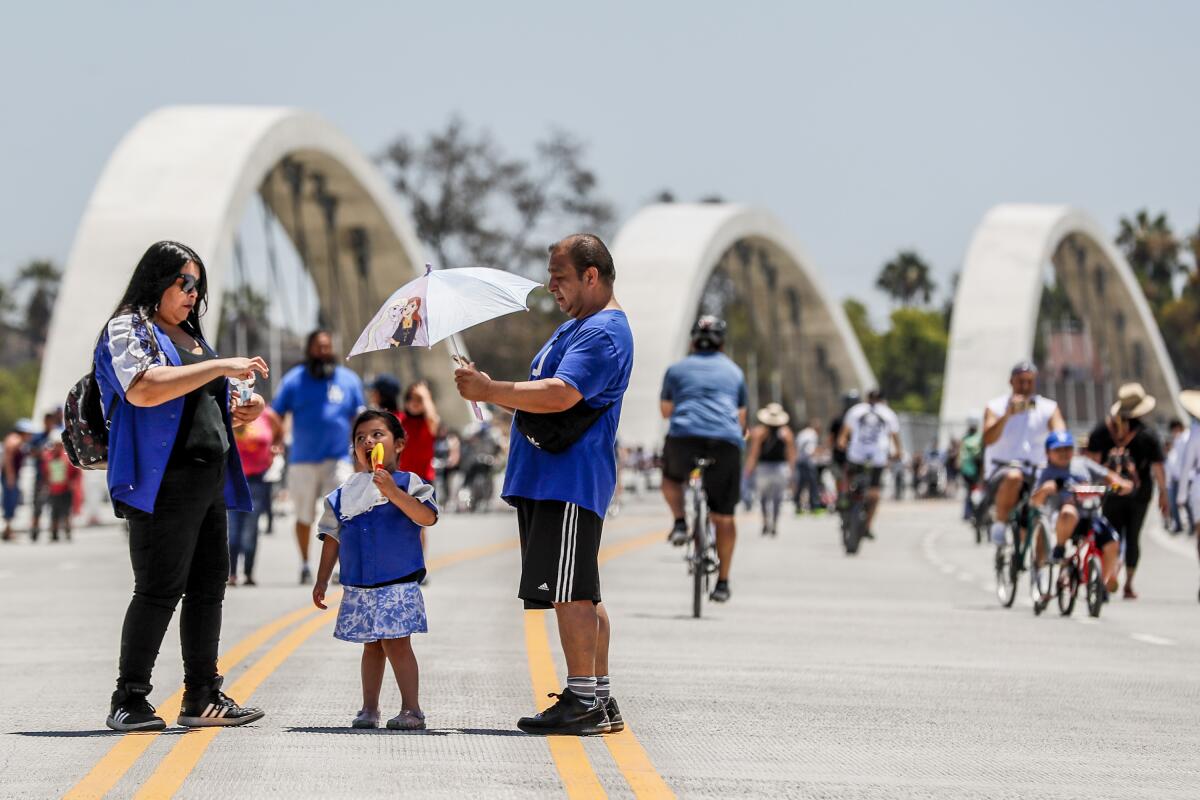
Let’s put aside, for a moment, the scenes of mayhem on the new 6th Street Viaduct — the street takeovers, the cars spinning doughnuts and the thrill seekers scaling the arches — since the visually striking bridge opened this month. Those problems will probably be fixed soon with the installation of speed bumps, a median strip and fencing.
Instead, focus on the crowds of pedestrians, cyclists, skateboarders, Instagrammers who’ve flocked to the bridge and made it their own. Despite less than ideal conditions (the speeding cars and the flimsy “protected” bicycle lanes), the 6th Street Viaduct has become a spot for family strolls, bike rides, scenic views, even quinceañera photos and a podcast recording. This is no mere roadway connecting Boyle Heights and downtown. It’s an opportunity to rethink L.A. transportation infrastructure and public space.
The viaduct was built for cars, but it should be reclaimed for people.
It’s high time that Los Angeles prioritizes Griffith Park users over commuters.
What if Los Angeles closed the bridge to car traffic several nights or days each week? The Los Angeles Police Department has already blocked the bridge four times in five nights, mostly because of street racing and motorist misbehavior. The city could make these temporary closures permanent, turning the viaduct into a shared public space for people to walk, bike and just hang out on the weekends or evenings. With consultation from the surrounding communities, the bridge could become a place for community concerts, a farmers market or whatever residents want.
If there’s support, perhaps the city could eventually close the bridge to motorists altogether, creating Los Angeles’ version of New York City’s High Line park. L.A. is already developing parks around the ends of the bridge, with a sculpture garden, meadow and dog play area on the downtown side and amenities including a soccer field, sports courts and children’s play area on the Boyle Heights side. Imagine having a safe, beautiful connection between the two communities.
The first chaotic weeks of the new 6th Street Viaduct could turn into a rare and wonderful opportunity. The bridge is already a visual landmark. What if it became a cultural landmark as well — marking the beginning of a new era in Los Angeles, one that elevates people over cars.
More to Read
A cure for the common opinion
Get thought-provoking perspectives with our weekly newsletter.
You may occasionally receive promotional content from the Los Angeles Times.
